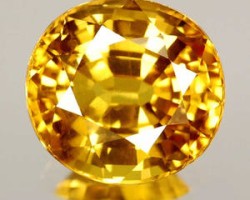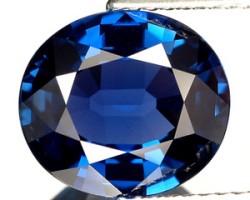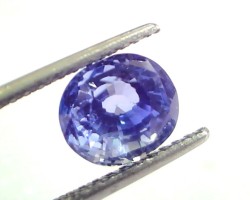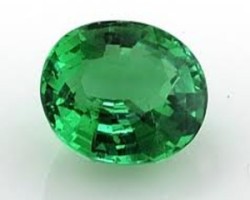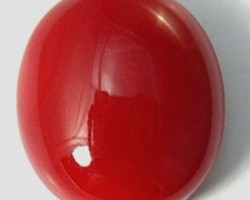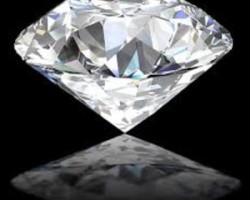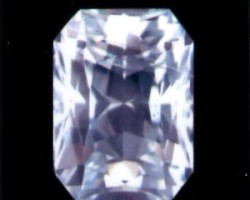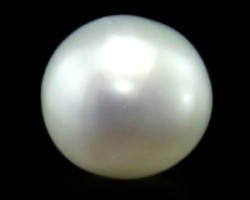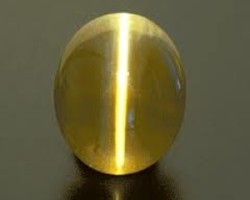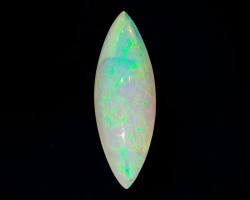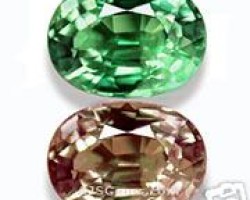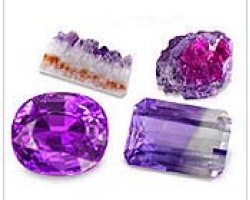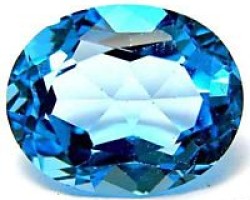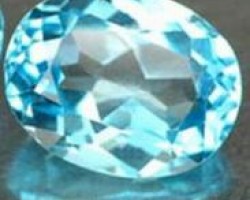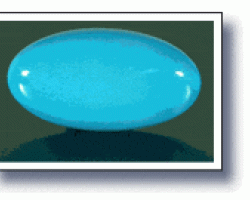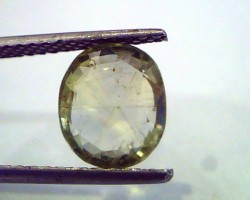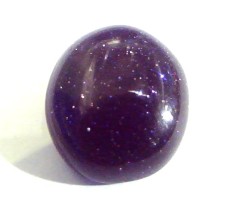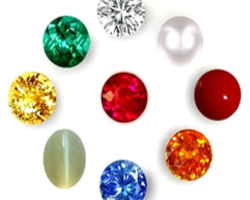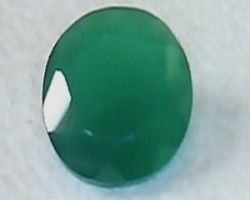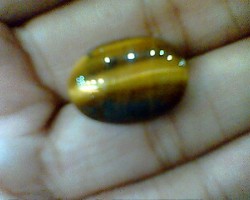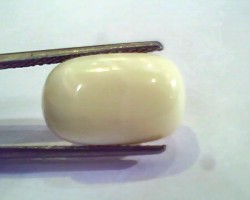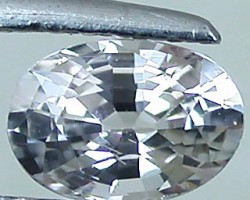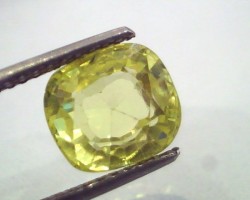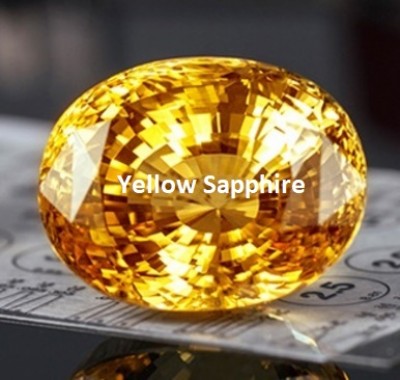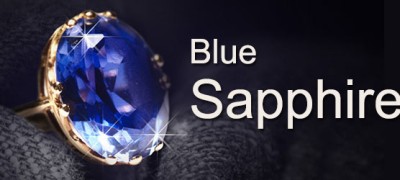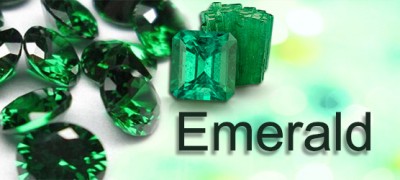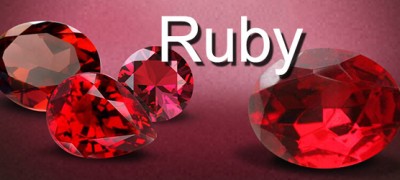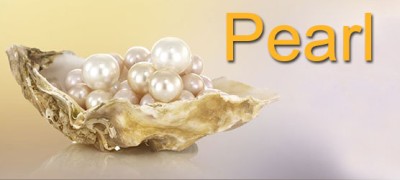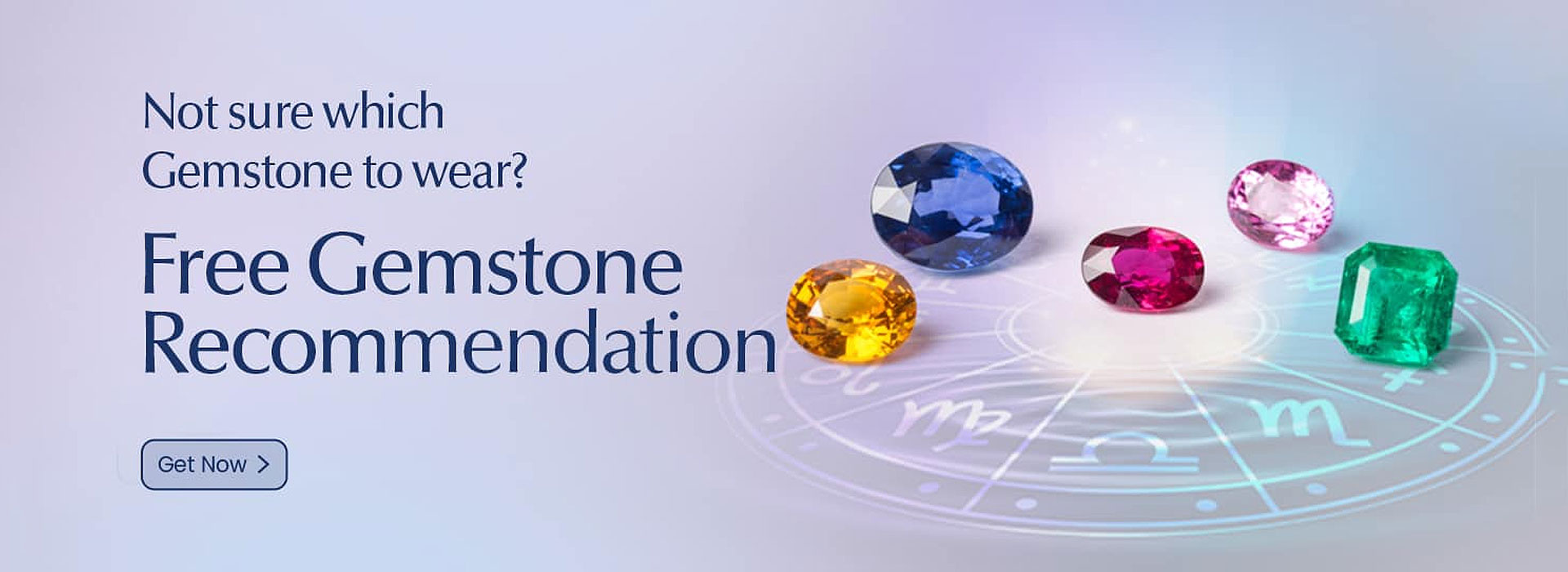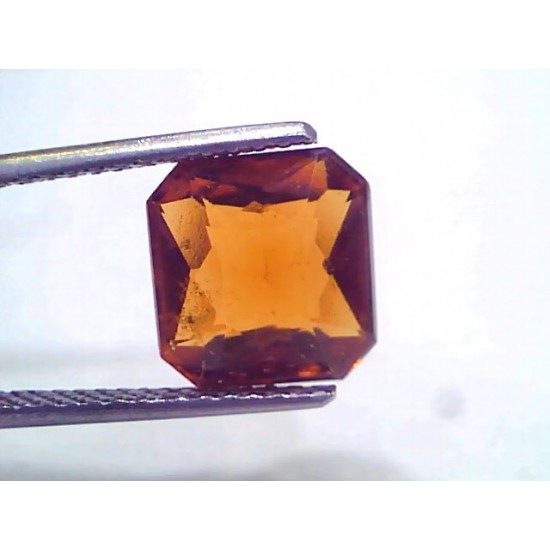
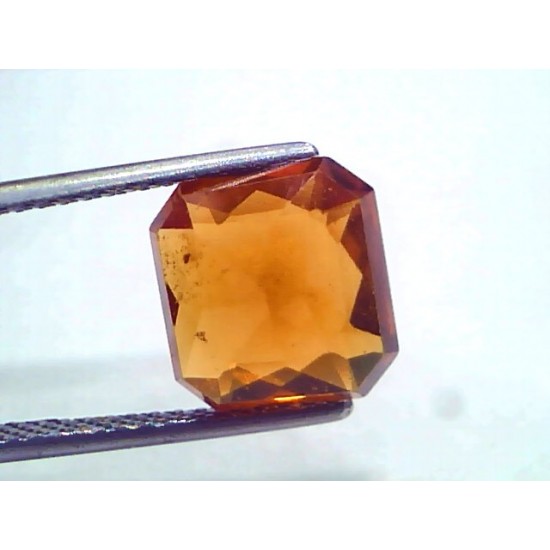
Out Of Stock


Product Description | |
Gemstone Name : | Natural gomedh |
Number of Pieces: | 1 Pc |
Weight: | 5.44 ct |
Gem Shape: | Radiant cut mix |
Color: | orange Brown |
Clarity: | vvs-Nearly eye clean |
Luster: | EXCELLENT |
ORIGIN | srilanka-ceylon |
Measurement | 10.53/9.70/5.42 mm approx |
5.44 Ct Untreated Natural Ceylon Gomedh/Hessonite Gemstone
- Stock: Out Of Stock
- Model: gom301
- Weight: 5.44Ct
₹11,990.00
Available Options
In astrology and gem therapy, wearing a hessonite garnet, also known as Gomedh, is believed to have several benefits. Here are some of the purposes and benefits of wearing Gomedh:To improve Rahu: In Vedic astrology, Rahu is one of the nine planets (navagrahas) and is considered to be a malefic planet that can cause difficulties and obstacles in life. Wearing a Gomedh is believed to help alleviate the negative effects of Rahu and bring about positive changes in one's life.To promote physical and mental health: Gomedh is believed to have healing properties and is said to help with a range of physical and mental ailments, including skin problems, digestive issues, anxiety, and depression.To enhance creativity and intelligence: Wearing Gomedh is said to stimulate the creative and intellectual abilities of the wearer, making them more imaginative and innovative.To improve social standing: Gomedh is believed to enhance the social standing and reputation of the wearer, helping them to achieve success in their career and personal life.To bring financial prosperity: Gomedh is said to attract wealth and prosperity to the wearer, improving their financial situation and helping them to achieve their goals.It is important to note that the benefits of wearing Gomedh are based on traditional beliefs and may not be supported by scientific evidence. Additionally, it is recommended to consult with a qualified astrologer or gem therapist before wearing Gomedh or any other gemstone for astrological purposes.
Q: What is Gomedh or Hessonite?
A: Gomedh or Hessonite is a gemstone belonging to the Grossular Garnet mineral family. It is usually orange-brown to reddish-brown in color and is considered to be one of the most powerful gemstones in Vedic astrology.Q: What are the benefits of wearing Gomedh or Hessonite?
A: Gomedh or Hessonite is believed to have several benefits, such as providing relief from anxiety, depression, and mental stress, improving overall health and well-being, promoting success in business and career, enhancing creativity and intelligence, and protecting against evil energies.Q: How to wear Gomedh or Hessonite?
A: Gomedh or Hessonite is usually worn in a ring made of silver or panchdhatu (a combination of five metals) on the middle finger of the right hand. Before wearing, the gemstone should be energized or activated by a qualified astrologer or gemologist.Q: Who can wear Gomedh or Hessonite?
A: Gomedh or Hessonite is said to be suitable for individuals born under the zodiac sign of Capricorn or Aquarius. It is also recommended for people who are undergoing the dasha or period of Rahu (North Node) in their horoscope.Q: Are there any side effects of wearing Gomedh or Hessonite?
A: Gomedh or Hessonite is generally safe to wear, but it may not be suitable for everyone. People with weak or malefic Rahu in their horoscope should avoid wearing this gemstone. It is also not recommended for pregnant women and children. Overuse or misuse of Gomedh or Hessonite can lead to negative effects such as restlessness, confusion, and hallucinations.Q: How to take care of Gomedh or Hessonite?
A: Gomedh or Hessonite should be cleaned regularly using a soft brush and mild soap solution. It should be stored separately from other jewelry items to prevent scratches and damage. It is also recommended to remove the ring while performing physical activities such as sports or household chores.
Gomedh, also known as Hessonite Garnet, is a gemstone that is widely used in astrology and gem therapy. Here are some of the different names of Gomedh:Hessonite: This is the most commonly used name for the gemstone. It comes from the Greek word "hesson," which means "inferior," because hessonite has a lower hardness and specific gravity than other types of garnet.Gomedh: This is the Hindi name for hessonite garnet. It is derived from the Sanskrit word "gomedha," which means "cow killer," because in ancient times hessonite was believed to protect cows from diseases.Cinnamon stone: Hessonite garnet is sometimes referred to as "cinnamon stone" because of its warm, earthy brown color.Ceylonese garnet: Hessonite garnet is sometimes called "Ceylonese garnet" because it is found in Sri Lanka (formerly known as Ceylon) and other parts of Southeast Asia.Essonite: Hessonite garnet is sometimes spelled "essonite," which is a variation of the original Greek word "hesson."Gomedak: This is another Hindi name for hessonite garnet, which means "cow's urine," because it was believed that the gemstone had the power to purify the urine of cows.
Hessonite garnet, also known as Gomedh, can come in different qualities and types. Here are some of the common quality and type classifications:Color: The color of Gomedh can range from light yellow to dark brownish-orange. The more desirable color is a deep, rich orange-brown, which is also known as cinnamon color.Clarity: Gomedh can have varying levels of clarity, ranging from completely transparent to heavily included or cloudy. The more transparent the Gomedh, the higher its quality and value.Cut: The cut of Gomedh can also impact its quality and value. Well-cut Gomedh stones are more brilliant and display better color.Origin: The origin of Gomedh can also play a role in its quality and value. Some of the well-known sources of Gomedh include Sri Lanka, Madagascar, Tanzania, and Brazil.Treatment: Gomedh stones may undergo various treatments to improve their color or clarity. The most common treatment is heat treatment, which can improve the stone's color and remove impurities. However, treated Gomedh stones are generally considered to be of lower quality than untreated stones.It is important to note that the quality and type of Gomedh can impact its astrological effectiveness. Therefore, it is recommended to choose a high-quality, natural, untreated Gomedh stone that is free from defects or blemishes for astrological purposes. It is also advisable to consult with a qualified astrologer or gem therapist for guidance on selecting the right Gomedh stone for your birth chart and specific needs.
Here are some general specifications of Hessonite Garnet, also known as Gomedh:Hardness: Gomedh has a hardness of 6.5 to 7.5 on the Mohs scale, which makes it a relatively hard and durable gemstone. However, it can still be prone to chipping or breaking if subjected to rough handling or extreme pressure.Specific Gravity: The specific gravity of Gomedh ranges from 3.61 to 3.67, which means it is denser than most other transparent gemstones.Refractive Index: The refractive index of Gomedh ranges from 1.72 to 1.74, which is relatively high and contributes to its high level of brilliance and fire.Luster: Gomedh has a vitreous (glassy) luster, which adds to its visual appeal and beauty.Color: The color of Gomedh can range from light yellow to dark brownish-orange, with the most desirable color being a deep, rich cinnamon color.Clarity: Gomedh can have varying levels of clarity, ranging from transparent to heavily included. Transparent Gomedh with minimal inclusions are considered to be of higher quality and value.Cut: The cut of Gomedh can affect its brilliance and overall visual appeal. Well-cut Gomedh stones are more brilliant and display better color.It is important to note that the specification of Gomedh can vary depending on its origin and quality. When choosing a Gomedh for astrological purposes, it is recommended to consult with a qualified astrologer or gem therapist to select a high-quality, natural, untreated stone that is free from defects or blemishes.
In Vedic astrology, wearing a hessonite garnet, also known as Gomedh, is believed to have specific benefits for certain individuals based on their birth chart and planetary positions. Here are some general guidelines on who should wear Gomedh:Individuals with a weak or afflicted Rahu: According to Vedic astrology, Rahu is one of the nine planets (navagrahas) and is considered to be a malefic planet that can cause difficulties and obstacles in life. Wearing Gomedh is said to help alleviate the negative effects of Rahu and bring about positive changes in one's life.Individuals with a strong Sun: Wearing Gomedh is believed to balance the strong influence of the Sun in one's birth chart, which can cause health and relationship problems.Individuals born under the signs of Scorpio or Capricorn: In Vedic astrology, Gomedh is believed to be particularly beneficial for individuals born under the signs of Scorpio or Capricorn.Individuals in creative or intellectual fields: Gomedh is said to stimulate the creative and intellectual abilities of the wearer, making them more imaginative and innovative.It is important to note that the decision to wear Gomedh should be based on an individual's astrological chart and the guidance of a qualified astrologer. Wearing Gomedh without proper guidance or understanding may not bring about the desired benefits and may even have negative effects.

